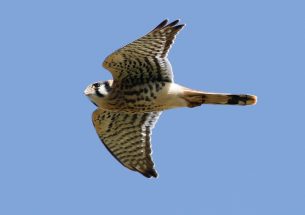News and Opinion

Insect diversity boosted by combination of crop diversity and semi-natural habitats
READ MORE about Insect diversity boosted by combination of crop diversity and semi-natural habitats
How fish stocks will change in warming seas
READ MORE about How fish stocks will change in warming seas
Childhood connection to nature has many benefits but is not universally positive, finds review
READ MORE about Childhood connection to nature has many benefits but is not universally positive, finds review
Indigenous leadership gets best results for wildlife translocations
READ MORE about Indigenous leadership gets best results for wildlife translocations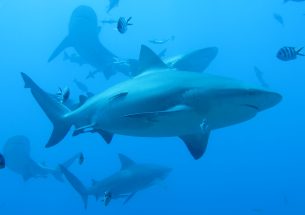
Shark “sea lanes” need protecting
READ MORE about Shark “sea lanes” need protecting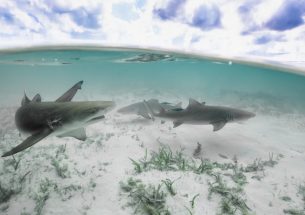
Lemon sharks – live fast, die young
READ MORE about Lemon sharks – live fast, die young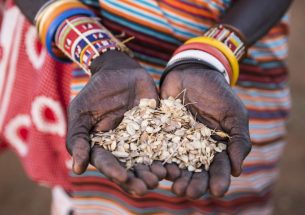
Indigenous people vital for understanding environmental change
READ MORE about Indigenous people vital for understanding environmental change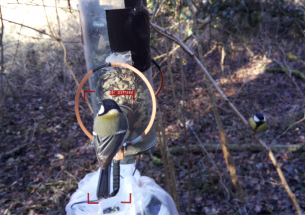
Researchers build first AI tool capable of identifying individual birds
READ MORE about Researchers build first AI tool capable of identifying individual birds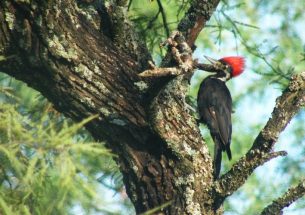
When landscapes change, conservation strategies must change as well
READ MORE about When landscapes change, conservation strategies must change as well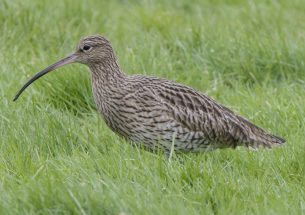
Debate needed on the potential culling of generalist predators such as crows and foxes to protect Europe's declining ground-nesting birds
READ MORE about Debate needed on the potential culling of generalist predators such as crows and foxes to protect Europe's declining ground-nesting birds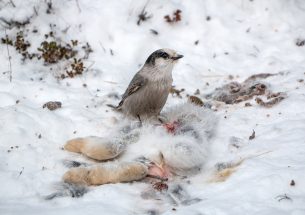
Snowshoe hare carcasses feed more then the usual suspects, study shows
READ MORE about Snowshoe hare carcasses feed more then the usual suspects, study shows
Clear strategies needed to reduce bushmeat hunting
READ MORE about Clear strategies needed to reduce bushmeat hunting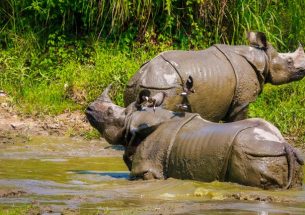
What actions played a crucial role in curbing the rhinoceros poaching in Nepal?
READ MORE about What actions played a crucial role in curbing the rhinoceros poaching in Nepal?
Rhino horn consumers in Vietnam do not trust demand reduction campaigns
READ MORE about Rhino horn consumers in Vietnam do not trust demand reduction campaigns